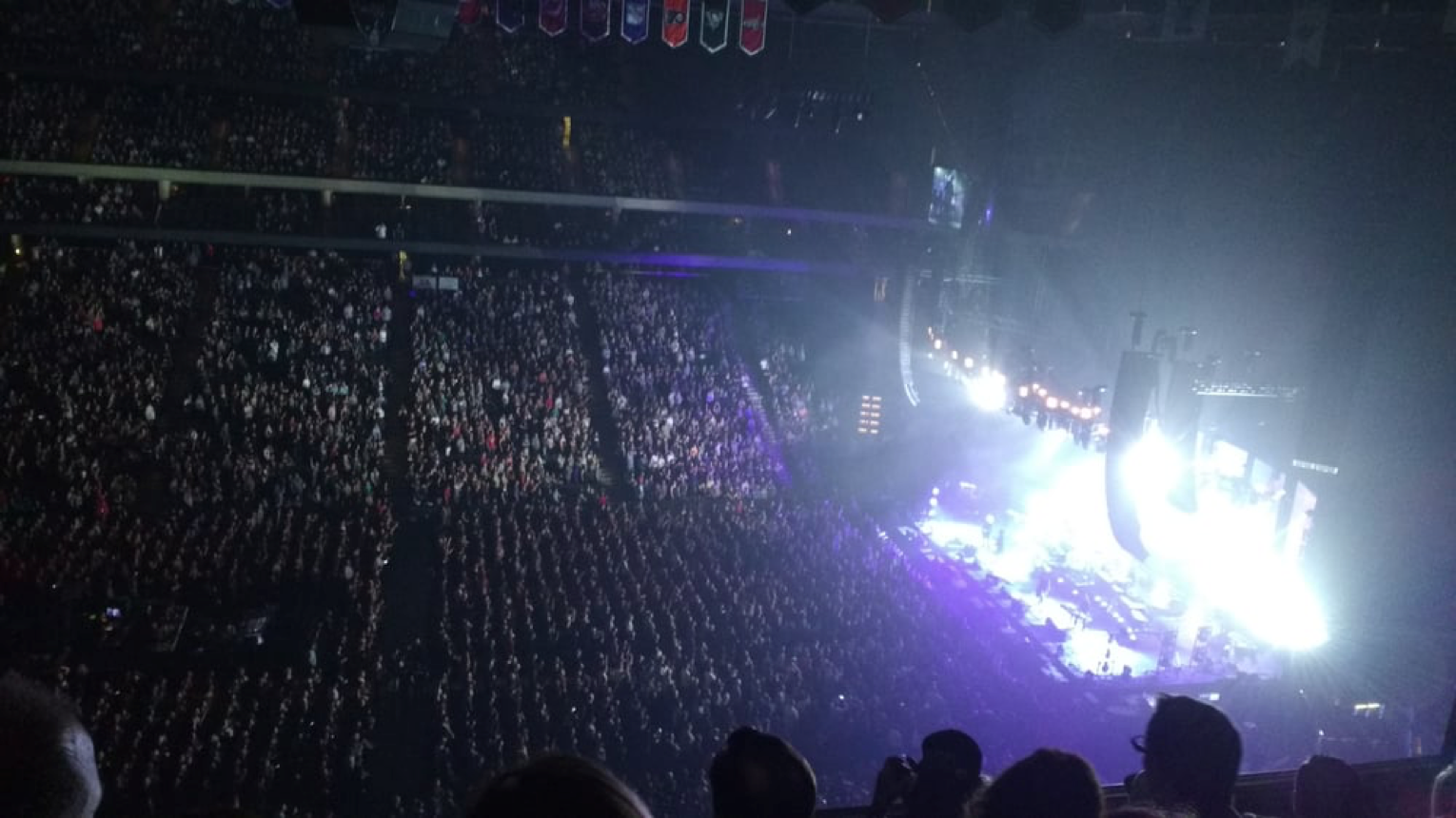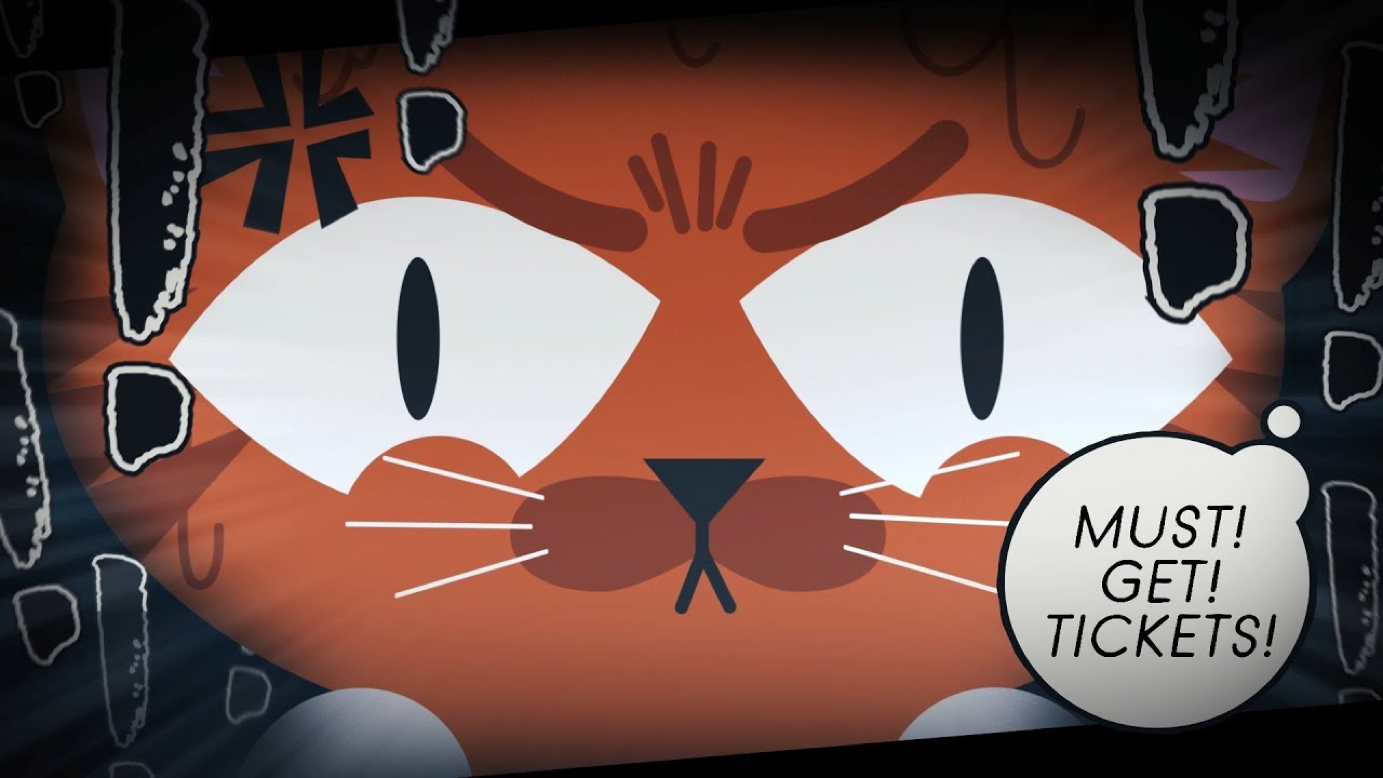Gripes of a Concert Junkie
Live music is one of my favorite pastimes to participate in-it’s almost an addiction for me. At this point I’m going to at least one concert a week for the next few months, yet despite my passion, I truly despise some of the practices that bands, venues, and promoters participate in that have seemingly become commonplace. I will admit that the venues that use good-quality software like Prism (visit the site to find out more about this) that can integrate their ticket systems don’t do these practices. But, mainstream artists are definitely guilty of it. Every concert goer has experienced the astronomical fees slapped on by ticket seller monopolies such as Ticketmaster and Live Nation, making their recent merger all the more appropriate. It seems to be all too often of an occurrence of going onto a site such as this, waiting on the edge of one’s seat for the desired ticket to go on sale, only to then see that the already expensive ticket has massive fees added. It feels like a bait and switch, deceptive as all hell.
For example, to get a better grasp of this, Katy Perry’s newest tour has the lowest ticket price set at $43 for nosebleed seats-expected for a pop artist playing within a massive stadium setting. Once one places said tickets in the cart though, there is an $8.75 service fee, $3.50 facility charge, and a $5.25 order processing fee. These buzzwords of service, facility, and order processing seem important, but what do they actually mean? Upon going through all the available information provided by Ticketmaster on their website, I’m as in the dark as I started out. They simply outwardly state that they charge fees, offering no real explanation as to why the fees are necessary and conducive to offering a better service to potential concertgoers. It’s one thing to charge a fee so as to continue business-Ticketmaster is undoubtedly a commercial entity, and they need to charge a premium so as to continue being a business, but $20 on top of an already $40 ticket price is highway robbery, and not truly explaining what these astronomical fees are is shady as best.

Oh boy, I feel right in the action
Of course, Ticketmaster are not the only ones to blame here. Surely the promoter receives a cut of these fees along with the band. Yet Ticketmaster is the face of this issue, and by artists and venues forcibly funneling consumers through this atrocious ticket provider, it creates no other choice than to buy from them, a practice which is beyond anti-consumer. To top it all off, the most insulting part of the stadium concert ticket buying experience is the undeniable overabundance of bots, and the obvious lack of safeguards to prevent them.
In a sense it’s completely unsurprising that these ticket broker services make no real attempt as to prevent the usage of bots on their websites-why would they morally care at all about the customers? They are already slapping on $15+, all they care about is filling seats and getting money. So in the end, if artists did not force buyers to use these sites, why would anyone in their right mind do so? It’s already established how scummy bots are, and how they play into the already huge hype and re-sale value of venues, but not enough is talked about in regards positive ways to prevent and stop it. Pop goliath Taylor Swift has attempted to seem like she cares about the issue with her Taylor Swift Tixs promotion, as seen through over-enthusiastic adverts cooing “Taylor wants YOU at the show,” said by an overeager voiceover on top of a goofy cat animation.Yet to participate in the promotion to get ahead of the bots and reserve a better spot in line, one has to either watch her promotional content or, unsurprisingly, buy her newest album and merchandise. As if that wasn’t enough, the service is provided by no other than the wonderful Ticketmaster, and would of course still have the same hidden fees.

The future of the animation industry?
On the flip side of the coin, the best way I’ve witnessed venues going about preventing bot usage is from Radiohead on their most recent 2017 tour. They participated in a ticket distribution service unlike any I had ever witnessed before, where one’s ticket was their credit card. Upon arrival at the venue one had to provide their credit card along with their ID as to be admitted into the venue, meaning that there was no feasible way to resell one’s ticket without bringing along the person as a plus one, a level of dedication I would commend scalpers to take. This sort of practice would not be feasible at all at a smaller local bar venue, but that is not where it is needed. This completely cuts out the huge secondary market which, in turn, cuts out the bots, making sure that the only people who are buying tickets are ones who truly want to go-if they don’t go, nobody will be sitting in their seats. I did try to get tickets for their show in Santa Barbara, being completely willing to drive out the three hours to see them if I was able to snag a ticket, but sadly wasn’t able to view Thom’s eccentric dance moves; I felt a little bummed, but unlike so many other ticket buying experiences, I did not feel cheated. I knew at the end of the day someone was luckier in the queue and they would have a fantastic time in my place.

Many colleagues and friends seem to wish to see more live music, yet all of these factors really contribute to these horribly underwhelming turnouts for many. The process of driving out to a venue, which probably has expensive or limited parking already, is quite cost prohibitive. It’s really unfortunate that this leaves little in terms of overall budgeting to spend on the merchandise of the artists, which will (mostly) directly go into the artists, who are the ones we’re trying to support. I do not have rose-tinted glasses and am not trying to say that venues and ticket brokers have not always been fueled by avaricious hunger, but the establishment of the internet has not improved it at all. Ticketmaster and Live Nation are here to stay, but they should have the obligation to create a service which actually attempts to prevent botting. Otherwise, why are people so willingly filling their pockets with no true return of goods and services?



